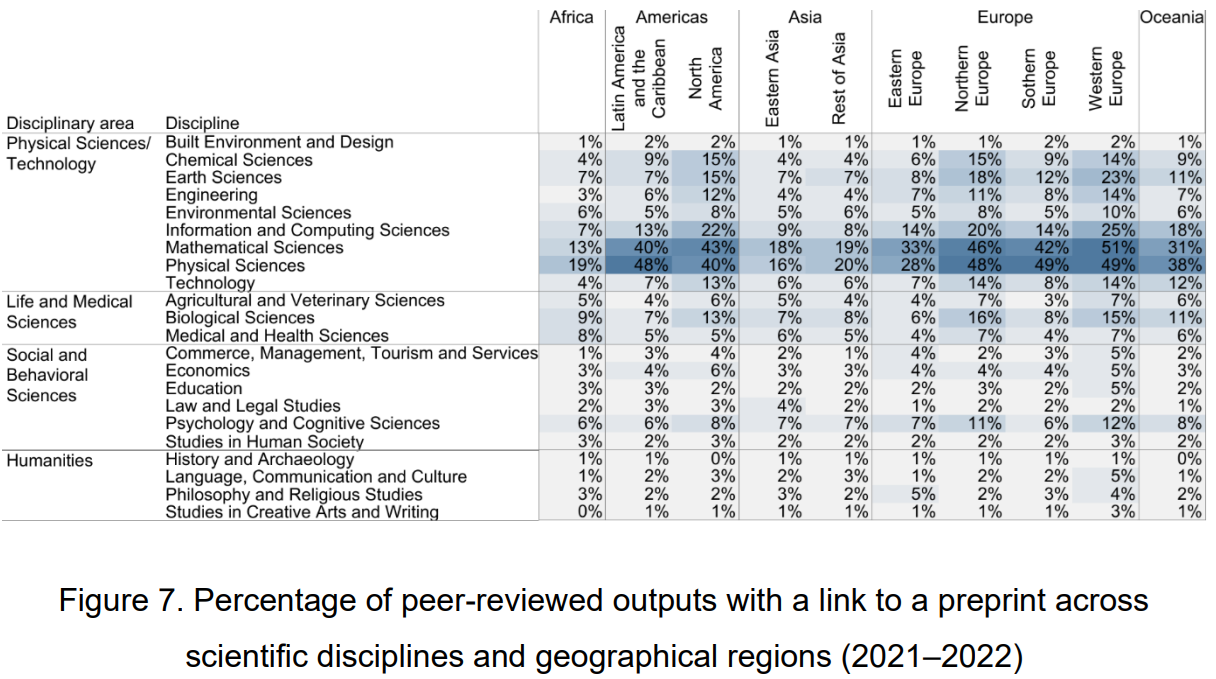Excited to have Dr. Israel Borokini as our plenary presenter at the 2025 SORTEE Conference!
Join us for a plenary talk on Advancing Ecology and Evolutionary Research in the Global South - African context.
More info: sortee.org/upcoming/ #SORTEE2025
Excited to have Dr. Israel Borokini as our plenary presenter at the 2025 SORTEE Conference!
Join us for a plenary talk on Advancing Ecology and Evolutionary Research in the Global South - African context.
More info: sortee.org/upcoming/ #SORTEE2025
Thrilled to announce @siminevazire as our plenary presenter at the 2025 SORTEE Conference.
Prof. Simine Vazire will give a talk titled ‘Journal Prestige Can and Should be Earned’.
More info: sortee.org/upcoming/ #SORTEE2025
Check out this in-person only workshop on open science & meta-analysis in R taught by @ibartomeus and SORTEE BoD member @ASanchez_Tojar
This workshop is organised by the AEET (https://aeet.org/es/), with support from
@sortee
More information at: https://aeet.org/events/2025/10/20/01/course-systematic-reviews-and-meta-analysis-in-r
🖇️In our latest submission we look at a review paper whose "authors examine reproducibility and replicability in qualitative research, including hundreds of published papers and the grey literature". According to the editorial assessment, "both reviewers found the article to be technically sound, interesting, and of likely value to the field."
👏 We thank the authors (Nicki Lisa Cole, Sven Ulpts, Agata Bochynska, Eva Kormann, Matthew Good, Barbara Leitner and @tonyRH), reviewers ( @adam42smith) and editors (Adrian Barnett, Kathryn Zeiler) for their efforts and trust.
👇 Read the assessment, reviews and full text on MetaROR
https://metaror.org/kotahi/articles/35/index.html
#ESMARConf2025 is live now (https://www.youtube.com/@esmarconf), starting with a talk by @ASanchez_Tojar on "Practising what we preach: Rethinking standards in meta-analysis for ecology and evolution".
At 11am (CEST), I will give a talk on how to visualize the amount of heterogeneity in forest plots.
Do you have a project that exemplifies open science in ecology and evolution?
If so nominate the project for a SORTEE Commendation Award!
More details about the SORTEE Commendation Award: https://www.sortee.org/awards/
🎉Registration for the SORTEE Conference 2025 (15-16 Oct) is now open!🎉
Register here: www.sortee.org/upcoming
The conference is FREE for members, so consider joining us! https://www.sortee.org/join/
Looking forward to seeing you in October. #SORTEE2025
Let’s recognize great open science work - nominate a project for a SORTEE Award! https://www.sortee.org/awards/
Introducing our new SORTEE blog series: ‘ECR Asks’, in which ECRs interview experienced SORTEE members
This month, we spoke to Tim Parker about incentive structures in #openscience, #RegisteredReports & how ECRs can make their own commitment to best practices
https://www.sortee.org/blog/2025/05/13/2025_ecr_asks_tim_parker/
